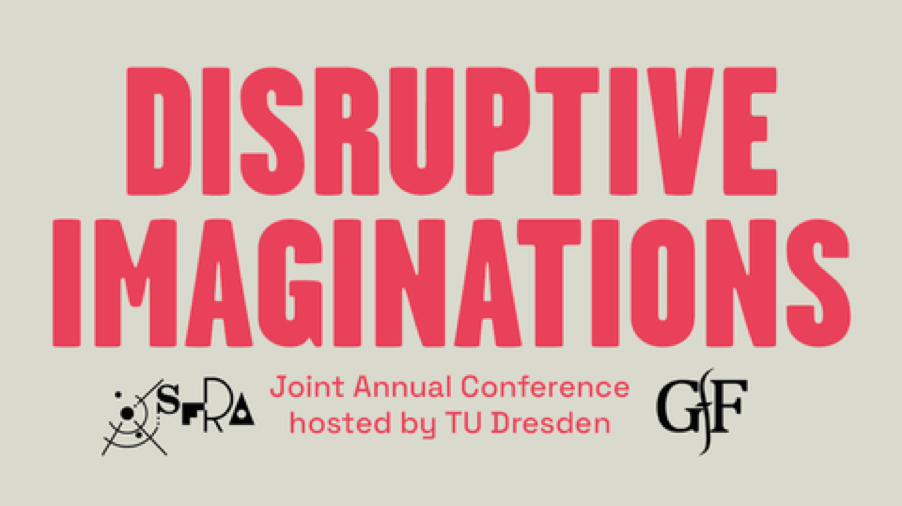This panel begins from the critical position that the hegemony of speculative finance demands new avenues for collective resistances created by its conditions, and that speculative fiction has the capacity to address this problem. The three papers are thus concerned with how speculative fiction mediates speculative finance. That is, rather than offering mere homologies – speculative finance is like magic, or time travel is like speculative finance – they instead argue that speculative fiction’s formal properties and narrative tropes offer unique ways for both representing and critically interrogating the abstract and virtual aspects of finance alongside their material instantiations and consequences. As such, it is organized around a series of related questions: What is the logical and structural relationship between speculative fiction and speculative finance? What new conceptual tools are necessary to combat the financialization of everyday life? If finance outstrips older modes of leftist analysis and resistance, what new modes might be brought to light by speculative fiction’s entanglement with speculative finance? How can we conceive of futures outside of the grip of financialized capitalist realism?
The panel thus seeks to intervene in the shopworn assumptions that the virtual or immaterial aspects of speculative finance simply escape understanding and representation, as such assertions render the contemporary financialized global economy either opaque or phantasmagorical. They argue that making the structure of finance legible to representation is all the more necessary as finance has evolved into a semi-autonomous sphere in the contemporary economy and as the principal driver of accumulation. To invoke the language of the conference cfp, then, the panel ultimately proposes to interrogate how sf disrupts finance capital’s “entrenched narratives and worldmaking practices.” As such, this is not only a critical project, but a utopian one as well in that the panel interrogates not only representations of finance, but also reveals how such speculative modes of mediation reposition finance as a historical, material force, and thus one that can be actively resisted.
